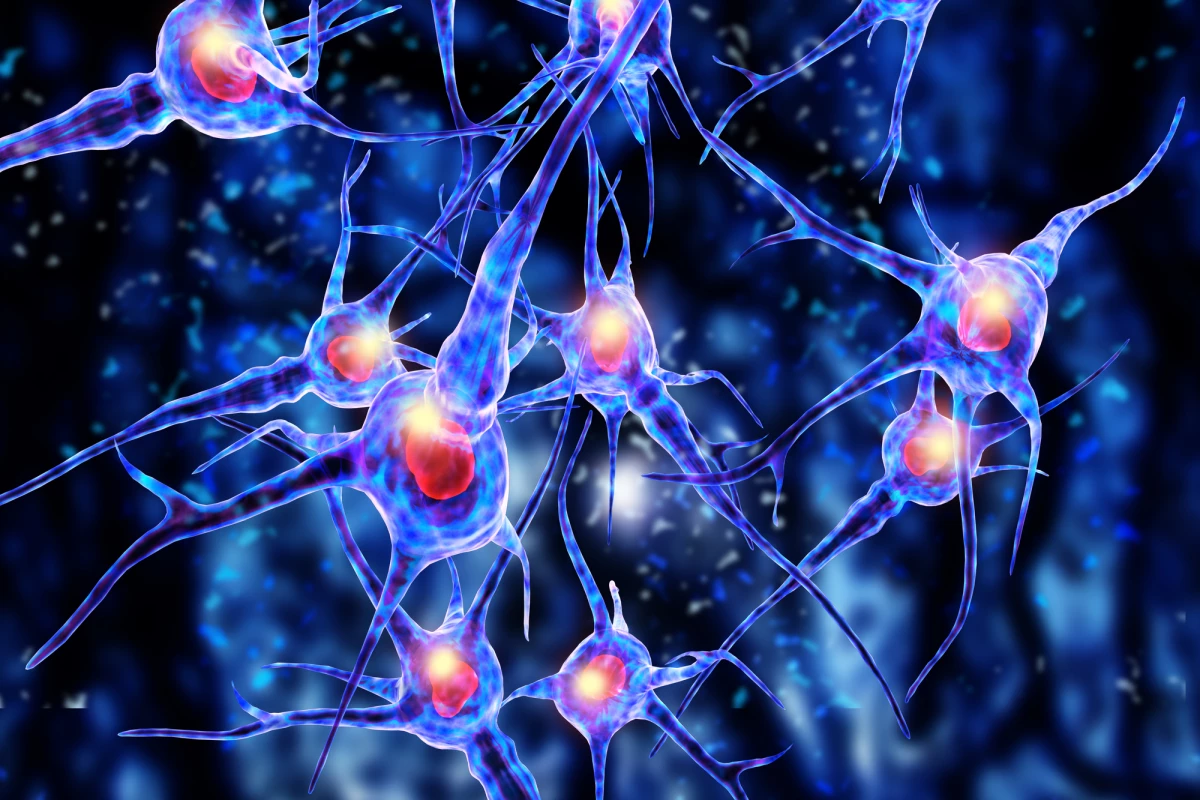A new study published in the journal Nature Communications is suggesting a novel causal link between neurodegenerative diseases such as Alzheimer’s and infection with the herpesvirus. The preclinical research indicates a deficiency in a key protein allows the virus to trigger neuronal damage.
More than half a century ago a unique hypothesis arose to explain the cause of many neurodegenerative diseases. The idea was viral infections can be a trigger for neurodegeneration, and this gradual process can go on for years after an acute infection.
Known as "slow virus diseases", the hypothesis linked Alzheimer’s disease with herpesvirus infections. This idea slipped to the fringes of neuroscience over the 1980s as interest in other causal mechanisms, such as the the amyloid hypothesis, ultimately dominated most research.
More recently, following the failure of a number of high-profile anti-amyloid clinical trials, research into the relationship between viral infections and neurodegeneration has increased. Although a number of observational studies have detected particular associations between herpes simplex virus type I (HSV-1) and Alzheimer’s disease, direct causal mechanisms are still unclear.
This new study, led by researchers from the University of Illinois Chicago, initially set out to investigate why acute HSV-1 infections can be fatal in some immunocompromised people and harmless in many others. The answer came in the form of a protein called optineurin (OPTN).
“OPTN stops the virus from growing and it stops it by autophagy – engulfing the virus particles inside tiny vesicles called autophagosomes,” says Deepak Shukla, lead researcher on the project. “The autophagy that happens is very selective."
After discovering the anti-viral action of OPTN in lab tests, the researchers developed a mouse model engineered to not produce the crucial protein. When these OPTN-deficient mice were infected with HSV-1 the researchers saw “striking differences in severity of infection” compared to healthy mice infected with the virus.
In mice lacking OPTN the viral infection rapidly spread into the brain and significant neurodegeneration was subsequently observed. Within 30 days of HSV-1 infection the OPTN-deficient mice started displaying notable cognitive decline.
Co-author on the new study, Chandrashekhar Patil, says OPTN deficiency was also linked to abnormal immune system activity. And this could play a part in the link between chronic herpes infections and neurodegeneration.
“The study also shows there is an impairment of immune response when there is a deficiency in OPTN,” says Patil. “OPTN is needed to signal an influx of proper immune cells at the site of infection. When you don’t have it, you have issues.”
The main discoveries in this new study are the roles OPTN plays in regulating optimal immune functions and stifling viral infections. But how much of a role this particular mechanism plays in human neurodegenerative disease is still very much unknown.
Prior studies have detected links in human patients between OPTN mutations and diseases such as amyotrophic lateral sclerosis (ALS). So it certainly is plausible OPTN dysfunction influences neurodegenerative disease but translating these findings into useful clinical treatments is still some way off.
Shukla says the next step for the research will be to investigate whether restoring optimal OPTN function can halt neurodegeneration and rescue any associated cognitive decline.
The new research was published in the journal Nature.
Source: UIC




